Behavior Residential Treatment Centers
Discover the benefits of behaviour residential treatment centers in Ohio. Get 24/7 support and evidence-based therapies for lasting transformation.
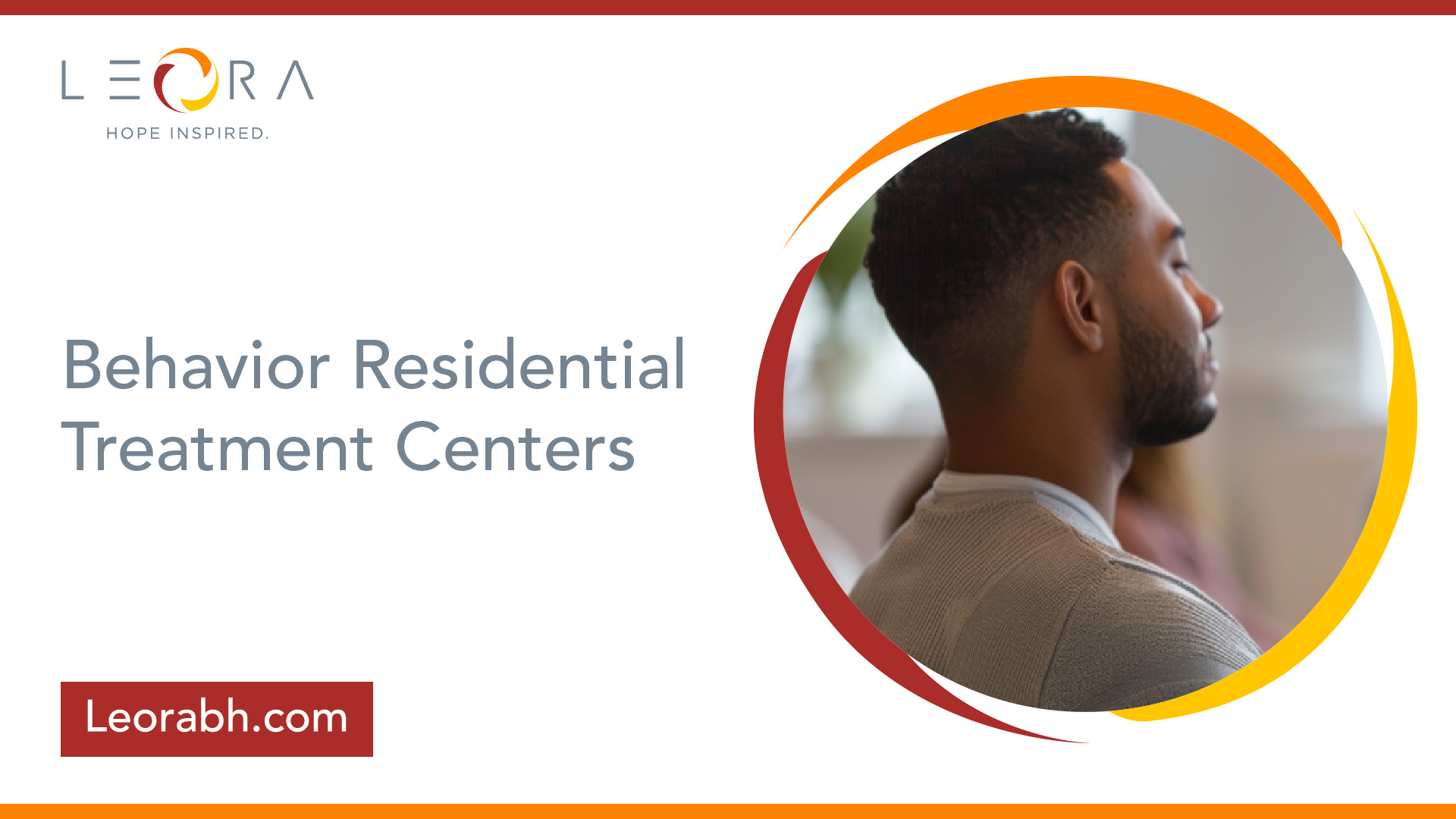
Understanding Residential Treatment Centers
Residential treatment centers play a crucial role in providing comprehensive care and support for individuals seeking treatment for various mental health and behavioral issues. In this section, we will explore the definition of residential treatment and the important role these centers play in the recovery process.
Definition of Residential Treatment
Residential treatment centers are live-in facilities that offer a safe and secure environment for individuals with substance or alcohol use disorders, as well as other mental health conditions. These centers provide 24-hour access to medical care, evidence-based therapies, and individualized treatment plans.
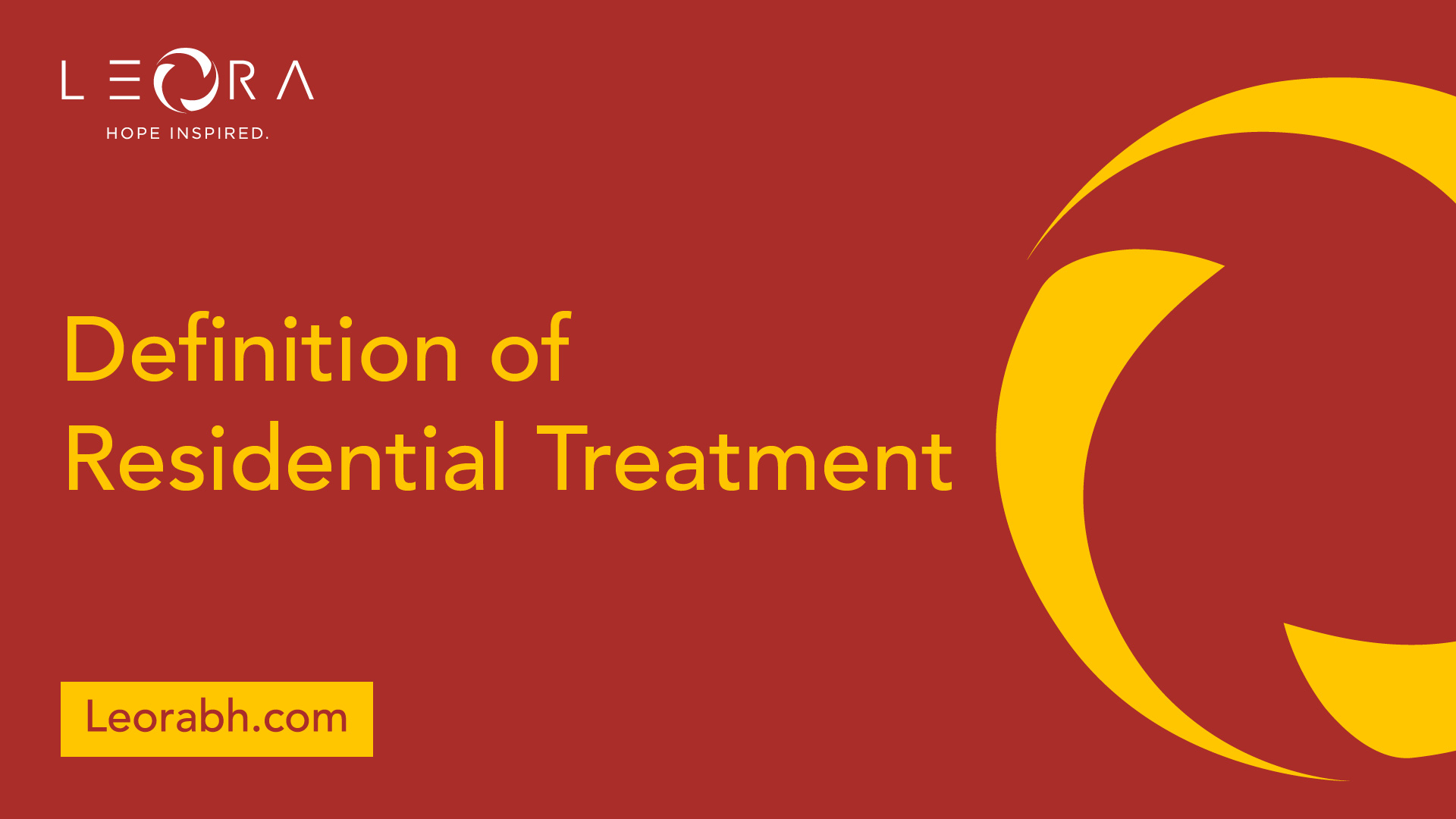
The goal of residential treatment is to stabilize symptoms, provide continuous treatment plans, and offer structured environments with 24-hour support and stabilizing routines to aid in recovery [1]. Residential treatment centers are designed to create a space where individuals can focus solely on their recovery journey, away from the stresses and triggers of their everyday lives.
Role of Residential Treatment Centers
Residential treatment centers offer a wide range of services and support to individuals seeking treatment. The main role of these centers is to provide a safe and supportive environment where individuals can work towards their recovery goals. Some of the key aspects of residential treatment centers include:
24/7 Support and Supervision
One of the primary advantages of residential treatment centers is the round-the-clock support and supervision they provide. The presence of trained professionals ensures that individuals have access to immediate assistance and medical care whenever needed. This level of support can be especially critical during the early stages of recovery when individuals may experience intense cravings or withdrawal symptoms.
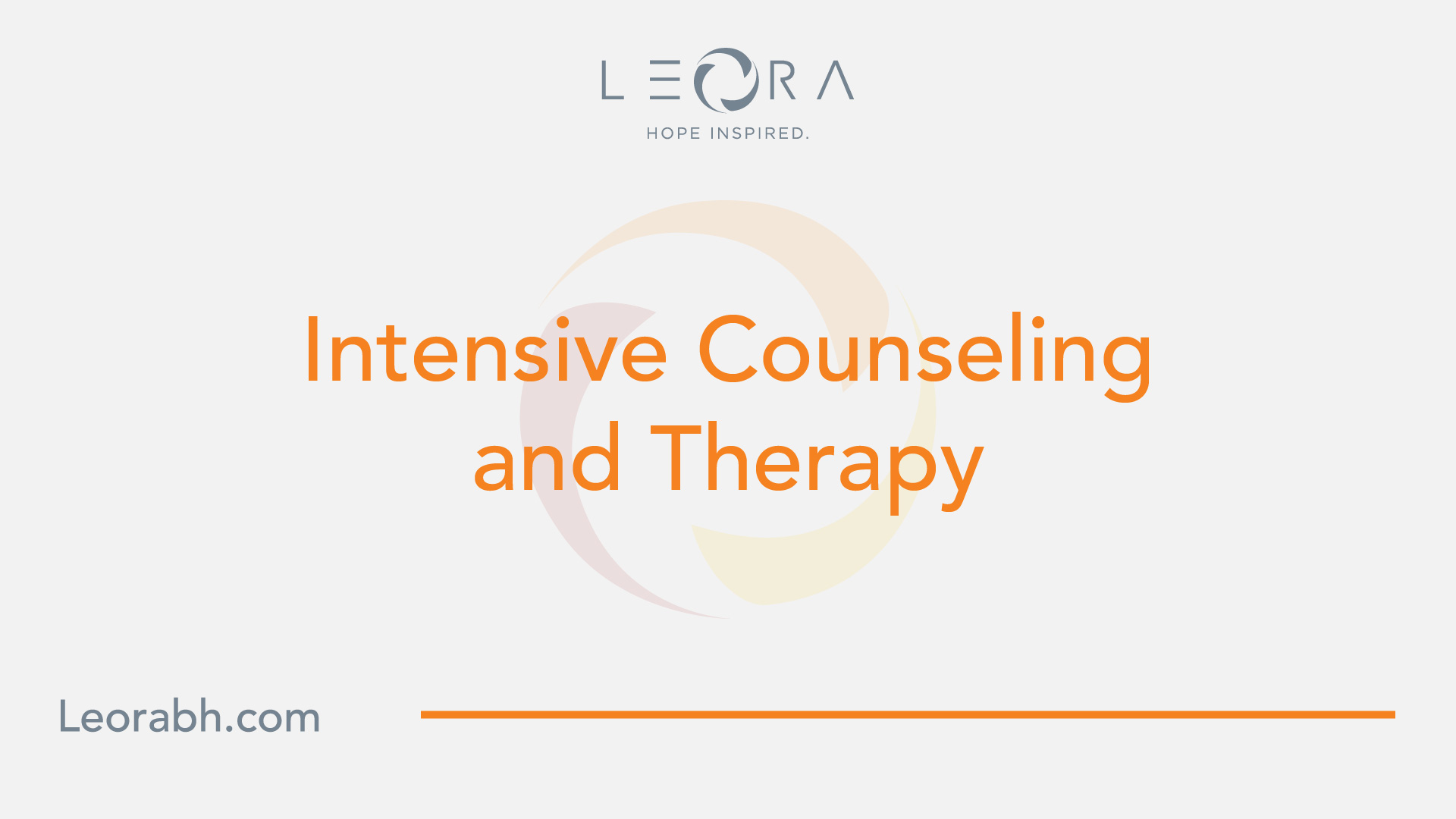
Intensive Counseling and Therapy
Residential treatment typically involves intensive counseling and therapy sessions. These sessions can include individual therapy, group therapy, and family therapy, depending on the specific needs of the individual. Evidence-based therapies such as cognitive-behavioral therapy (CBT) and dialectical behavior therapy (DBT) are commonly utilized in residential treatment centers to address the underlying causes of mental health or behavioral issues.
The structured nature of residential treatment allows for a more immersive therapeutic experience, providing individuals with a focused and supportive environment to work through their challenges. The availability of various therapy modalities ensures that treatment plans are tailored to meet the unique needs of each individual.
Residential treatment centers are an essential component of the continuum of care, offering a higher level of support and intensity compared to outpatient treatment options. These centers provide individuals with the opportunity to heal in a supportive and structured environment, increasing the chances of sustainable recovery.
In the next sections, we will explore the different types of residential treatment programs available, as well as the qualifications of staff in residential rehab centers.
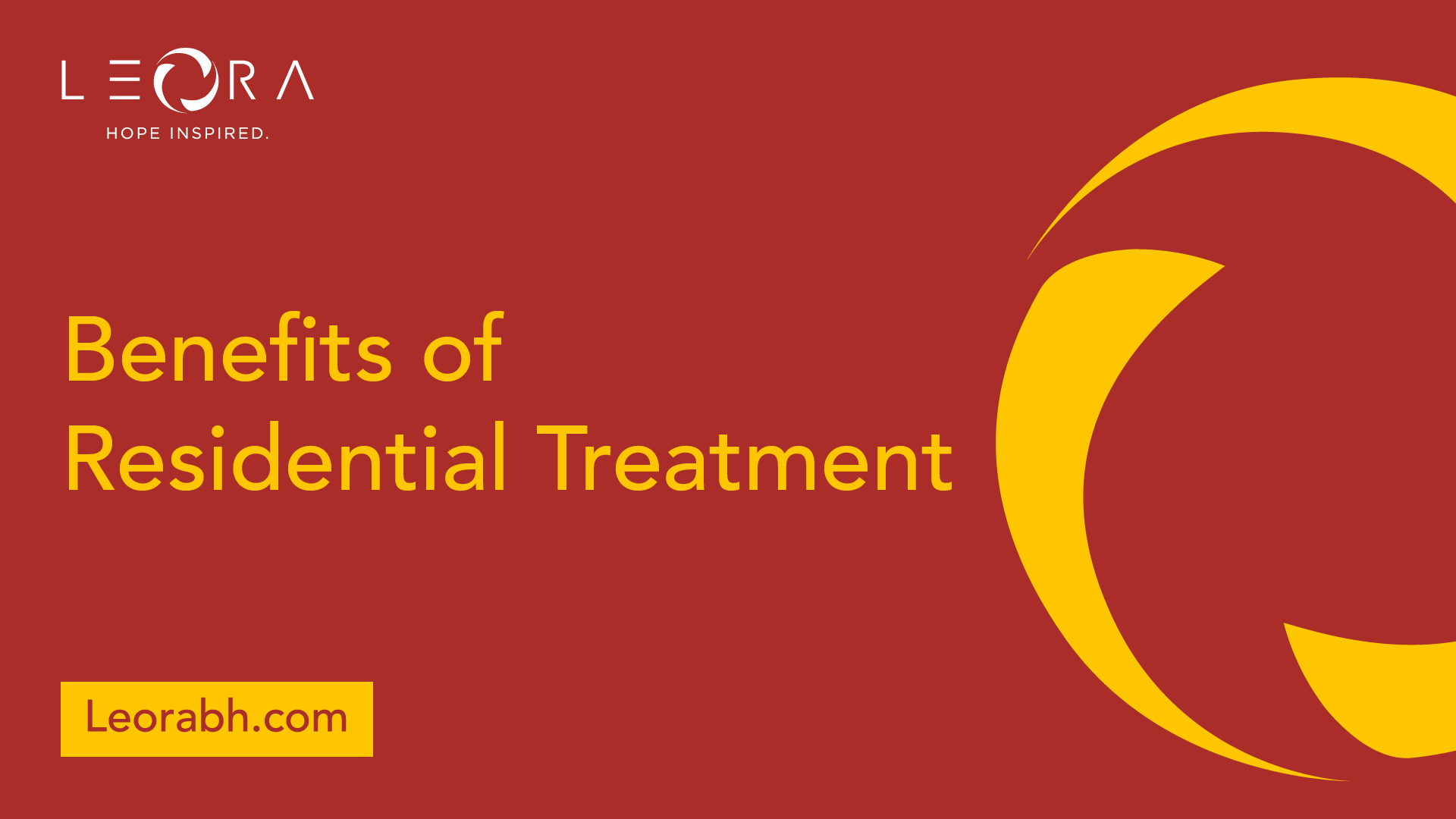
Benefits of Residential Treatment
Residential treatment centers offer a range of benefits for individuals seeking comprehensive care and support for their recovery journey. These centers provide a safe and structured environment where individuals can focus on their healing and receive the necessary assistance. Two key benefits of residential treatment are 24/7 support and supervision, as well as intensive counseling and therapy.
24/7 Support and Supervision
One of the primary advantages of residential treatment centers is the round-the-clock support and supervision they provide. These centers offer a supportive and safe environment where individuals can receive continuous care. With staff available 24/7, residents have access to immediate assistance and guidance whenever needed.
The presence of qualified professionals ensures that individuals receive ongoing support during their recovery journey. Staff members are trained to handle emergencies and support individuals through challenging moments, providing a sense of security and stability.
Intensive Counseling and Therapy
Residential treatment centers offer intensive counseling and therapy services to address the complex needs of individuals seeking treatment. These centers focus on evidence-based treatment approaches and therapies tailored to the specific needs of each resident.
Individual counseling sessions allow residents to explore underlying issues, develop coping strategies, and work through emotional challenges. Group therapy provides a supportive environment where individuals can connect with peers facing similar struggles, share experiences, and learn from one another.
Moreover, residential treatment centers often offer a variety of therapeutic modalities, such as cognitive-behavioral therapy (CBT), dialectical behavior therapy (DBT), and trauma-focused therapy. These evidence-based therapies help individuals gain insight, develop healthy coping mechanisms, and address underlying factors contributing to their behavioral health concerns.
Through intensive counseling and therapy, residential treatment centers provide individuals with the tools and support necessary to navigate their recovery journey and foster lasting change. These services help individuals develop essential skills, gain self-awareness, and build a foundation for long-term recovery.
By offering 24/7 support and supervision, as well as intensive counseling and therapy, residential treatment centers create an environment conducive to healing and growth. These benefits contribute to the effectiveness of residential treatment programs in supporting individuals on their path to recovery. When considering treatment options, it is important to assess the specific offerings and approaches of different residential treatment centers to find the program that best suits individual needs.
Types of Residential Treatment Programs
Residential treatment programs offer specialized care and support for individuals who require a more intensive level of treatment. These programs cater to various needs, including trauma-focused treatment and programs specifically designed for teens.

Trauma-Focused Treatment
Trauma-focused residential treatment is a specialized program that focuses on understanding the drivers of behavior rather than solely concentrating on behavioral management. This approach recognizes the impact of past traumatic experiences on an individual's mental health and behavior. By addressing trauma directly, these programs aim to help individuals heal and develop healthier coping mechanisms.
One evidence-based therapy commonly used in trauma-focused treatment is Trauma-Focused Cognitive Behavioral Therapy (TF-CBT). This therapy combines cognitive restructuring, coping skill training, and gradual exposure to help individuals process traumatic memories and challenge maladaptive beliefs about the trauma. TF-CBT has shown promising results in reducing trauma-related symptoms.
Teen Residential Treatment
Residential treatment programs specifically designed for teens provide a structured and supportive environment for adolescents who require more intensive care than outpatient services or weekly therapy can provide. These programs can be beneficial for teens transitioning from inpatient hospital care or those who require additional support beyond outpatient options.
Teen residential treatment programs offer a comprehensive approach to address a range of mental health and behavioral issues. These programs often incorporate a combination of evidence-based therapies, individual and group counseling, educational support, and recreational activities. The goal is to provide a nurturing and structured environment that promotes healing and growth in adolescents.
Research suggests that longer-term residential treatment programs, typically lasting 30 to 45 days or more, have higher rates of sustainable recovery compared to shorter-term programs. The structure and ongoing support provided by residential programs offer a more impactful and sustainable approach to achieving long-term recovery from various mental health issues in adolescents.
When considering a residential treatment program, it's important to assess the specific needs of the individual and the program's expertise in addressing those needs. Each program may have its own unique approach and therapeutic modalities. Consulting with professionals and seeking recommendations can help in choosing the right program for effective and personalized treatment.
In the next section, we will explore the qualifications and expertise of staff members in residential treatment centers, highlighting the importance of a skilled and compassionate team in providing effective care.

Qualifications of Staff in Residential Rehab
When seeking treatment at a residential rehab center, it is essential to consider the qualifications and expertise of the staff members who will be providing care and support. The qualifications of the staff play a crucial role in ensuring the safety and effectiveness of the treatment program. In residential rehab centers, two key roles are particularly important: nursing qualifications and therapist and counselor expertise.
Nursing Qualifications
Nurses hold pivotal positions within residential rehab centers, catering to the physical needs of each patient. To provide the highest level of care, rehab nurses often possess a degree in nursing, with a specialization in addiction treatment or psychiatric care. This specialized training equips them with the necessary knowledge and skills to address the unique challenges of individuals undergoing substance abuse treatment. By combining medical expertise with compassion, nurses play a vital role in ensuring the well-being and safety of patients.
Continuous training is a common requirement for staff members in recovery programs. This ongoing education helps them stay up-to-date with the latest practices in addiction therapy and patient safety protocols. By staying current with evolving treatment approaches, nurses can provide top-tier care tailored to the individual needs of each patient, whether in a residential treatment program or an outpatient setting.

Therapist and Counselor Expertise
Therapists and counselors in residential rehab centers are integral to the recovery process. They provide both one-on-one and group therapy sessions, which are crucial for addressing the emotional and behavioral issues associated with addiction. The expertise of these professionals significantly contributes to the long-term recovery of patients.
Therapists and counselors in residential rehab centers typically possess relevant degrees in psychology or counseling. Additionally, they undergo specialized certification to verify their expertise in handling substance abuse cases. This combination of education and certification enables them to navigate the complex emotional and behavioral challenges that individuals face during the recovery process.
At Trinity Behavioral Health, therapists and counselors utilize a variety of evidence-based therapeutic approaches, such as Cognitive Behavioral Therapy and Motivational Interviewing. These approaches are tailored to meet the unique needs of each patient, helping them overcome addiction and achieve long-term recovery [6].
By ensuring that the staff in residential rehab centers possess the necessary qualifications and expertise, patients can have confidence in the quality of care they will receive. The combination of nursing qualifications and therapist and counselor expertise creates a supportive environment that fosters healing and empowers individuals on their journey to recovery.

Approaches in Residential Treatment
In residential treatment centers, a variety of approaches are utilized to address the unique needs of individuals seeking treatment. Two common approaches in residential treatment are evidence-based therapies and behavioral modification techniques.
Evidence-Based Therapies
Evidence-based therapies are widely recognized as effective interventions for addressing emotional, psychological, and behavioral problems. These therapies are grounded in theories of learning and have a broad application, including the treatment of issues associated with child maltreatment [4].
One example of an evidence-based therapy used in residential treatment centers is Trauma-Focused Cognitive Behavioral Therapy (TF-CBT). TF-CBT is a manualized intervention that directly addresses traumatic symptoms alongside coping skill training, cognitive restructuring, and gradual exposure. The therapy focuses on processing traumatic memories and challenging maladaptive beliefs about the trauma in order to reduce symptoms and promote healing [4].
Behavioral Modification Techniques
Behavioral modification techniques are employed in residential treatment to address maladaptive behaviors and promote positive change. These techniques aim to alter cognitive processes that contribute to maladaptive behavior, intervene in the chain of events leading to the problematic behavior, and teach necessary skills and behaviors for achieving and maintaining positive outcomes [3].
In the context of substance abuse treatment, behavioral therapies play a crucial role. Techniques such as cognitive-behavioral therapy, stress management training, social skills training, behavioral contracting or contingency management, and relapse prevention are utilized to address the underlying cognitive processes and behaviors associated with substance abuse.
Residential treatment centers, such as Trinity Behavioral Health, are staffed by skilled professionals who employ a variety of evidence-based therapeutic approaches, including Cognitive Behavioral Therapy (CBT) and Motivational Interviewing, to provide individualized care that meets the unique needs of each patient.
By combining evidence-based therapies and behavioral modification techniques, residential treatment centers can provide comprehensive and effective care to individuals seeking treatment for various emotional, psychological, and behavioral challenges. These approaches are tailored to address the specific needs of each individual and promote lasting positive outcomes.
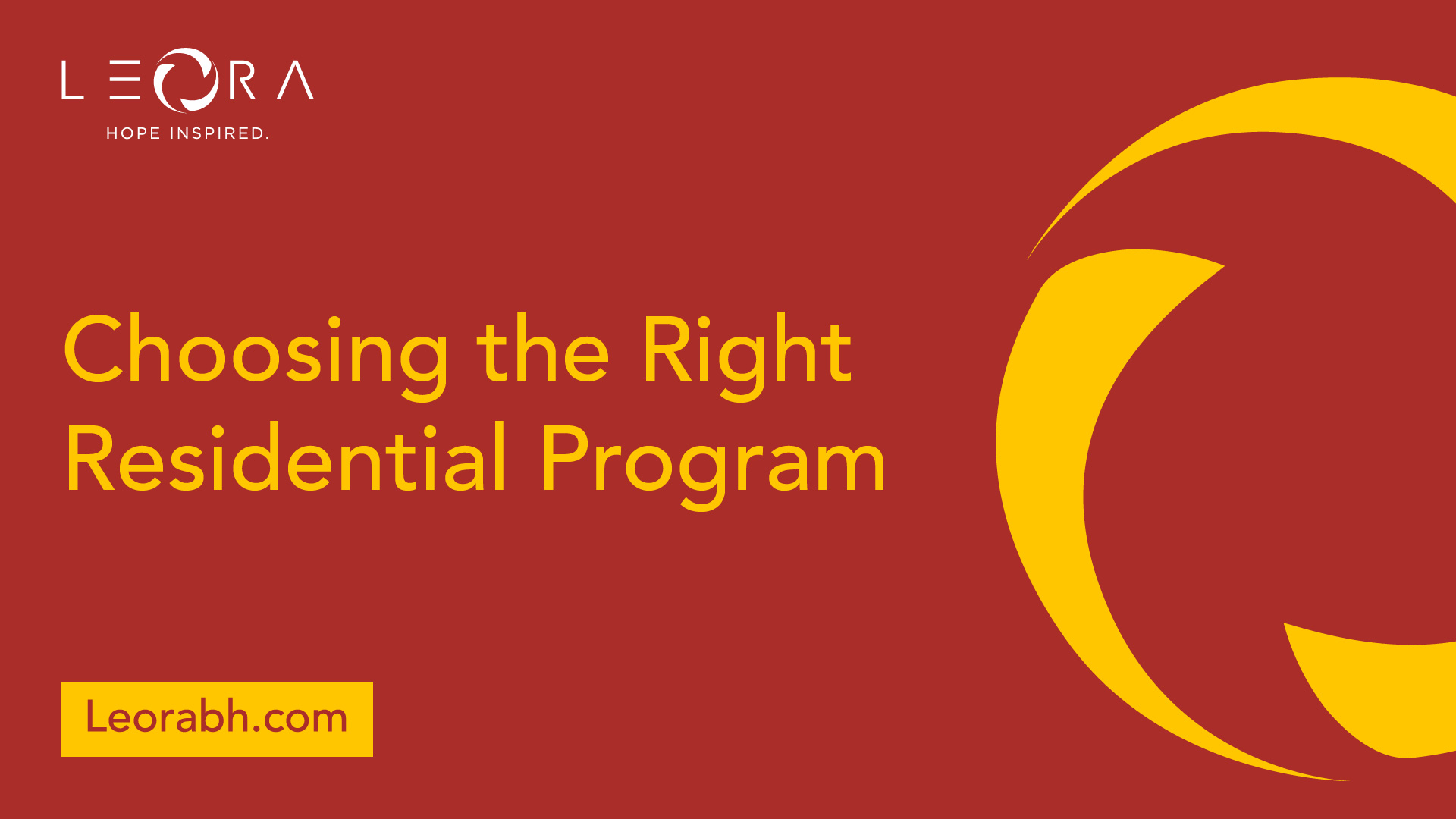
Choosing the Right Residential Program
When it comes to selecting a residential program, it's important to consider various factors to ensure that it aligns with your specific needs and goals. Here are some key considerations to keep in mind when choosing the right residential program:
Considerations for Selection
- Program Specialization: Different residential programs may specialize in treating specific conditions or populations. Consider whether the program has expertise in addressing your particular needs, such as PTSD treatment for first responders, alcohol treatment centers in Cincinnati, or gender-specific treatment. Choosing a program that specializes in your area of concern can enhance the effectiveness of the treatment.
- Treatment Approach: Research the treatment approach used by the residential program. Look for evidence-based therapies and behavioral modification techniques. Evidence-based therapies have been rigorously studied and proven to be effective in treating specific conditions. Understanding the treatment approach can help you determine if it aligns with your preferences and needs.
- Staff Qualifications: Pay attention to the qualifications of the staff members at the residential program. Ensure that there are qualified professionals, such as therapists and counselors, who have expertise in treating the specific conditions or issues you are facing. The experience and expertise of the staff can greatly impact the quality of care and treatment outcomes.
- Facility Environment: Assess the environment and facilities offered by the residential program. Look for a safe and secure environment that promotes healing and recovery. Consider factors such as the amenities provided, the cleanliness of the facility, and the availability of recreational activities. A comfortable and supportive environment can contribute to a positive treatment experience.

Treatment Program Duration
The duration of a residential treatment program can vary depending on individual needs and the severity of the condition being treated. Treatment program durations typically range from a few weeks to several months. Longer treatment durations may be recommended for more complex or chronic conditions.
It's important to discuss the treatment program duration with the admissions team or treatment providers at the residential program you are considering. They can provide information specific to their program and help determine the appropriate duration based on your unique circumstances.
Remember, the duration of the treatment program is not the sole determinant of success. The effectiveness of the program depends on various factors, including the quality of care, individual commitment to the treatment process, and the presence of a comprehensive aftercare plan.
By carefully considering the factors mentioned above and discussing your options with professionals, you can choose a residential program that provides the best support and treatment for your specific needs. Remember, seeking help is a courageous step towards recovery, and finding the right residential program can be a crucial part of your journey to wellness.
References
Find Your Inner Light
Related Articles
Contact Us
Leora Behavioral Health offers a comprehensive addiction treatment programs to help you get your life back on track.
Our trained professionals will work with you to develop a personalized treatment plan that meets your unique needs. If you or someone you know is struggling with addiction, reach out to Leora Behavioral Health today.


.svg)





.svg)
.svg)
.svg)
.svg)